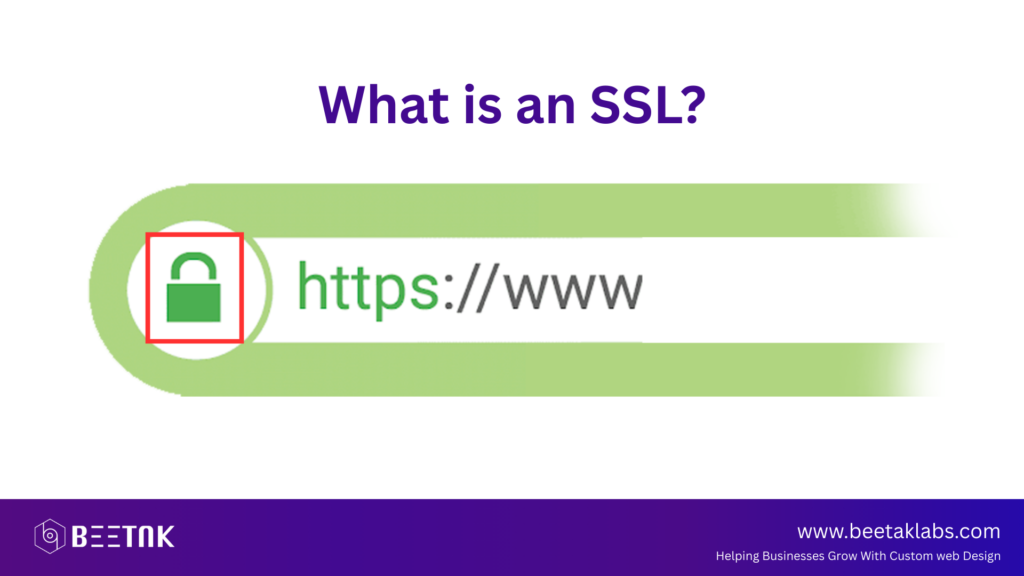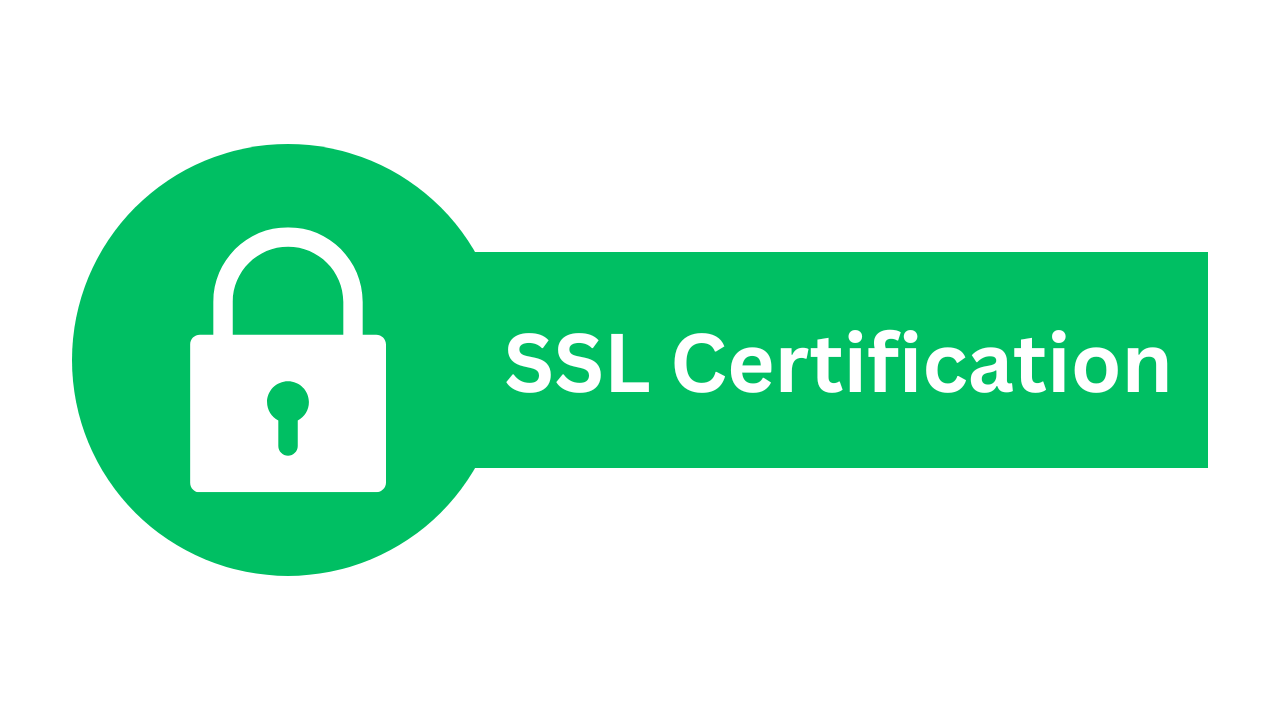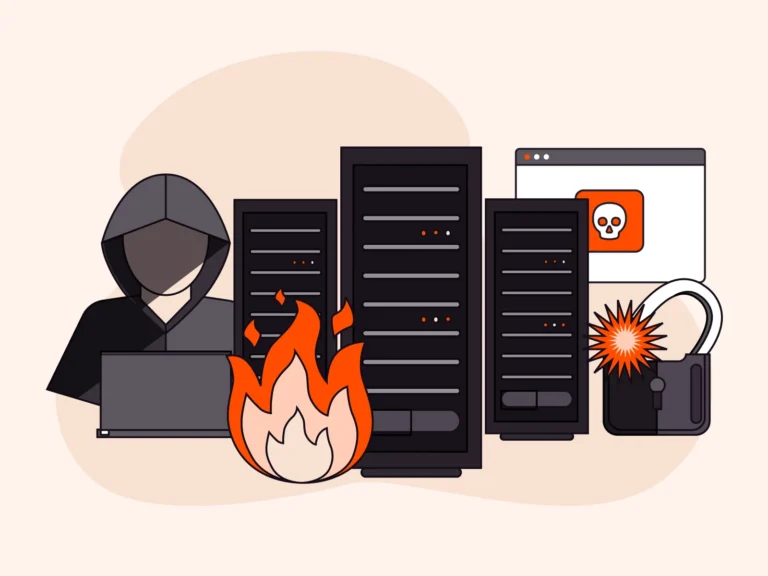Introduction
In today’s digital-first world, trust and security are non-negotiable—especially when it comes to your website. Whether you run a blog, business site, or online store, having an SSL certificate is no longer optional. It’s essential for protecting your visitors, improving your Google rankings, and boosting your credibility.
If your website doesn’t already have an SSL certificate, here’s why you need to install one today.
What Is an SSL Certificate?
SSL stands for Secure Sockets Layer. It’s a digital certificate that encrypts data transferred between a user’s browser and your website server. This means personal information—like login credentials, payment details, and contact forms—is protected from hackers.
You can identify an SSL-secured site by the padlock icon in the browser bar and the “https://” prefix in the URL.

Why SSL Matters More Than Ever
1. Protects User Data
SSL encryption ensures that sensitive information is unreadable to cybercriminals. Without it, users are vulnerable to man-in-the-middle attacks, where hackers intercept and misuse data.
2. Builds Trust With Visitors
Modern users are cautious. If they see a warning like “Not Secure” in their browser, they’re likely to leave your site immediately. SSL signals professionalism and earns user confidence.
3. Boosts SEO Rankings
Since 2014, Google has treated HTTPS as a ranking signal. That means secure websites are more likely to appear higher in search results compared to non-secure ones.
4. Improves Conversion Rates
Visitors are more willing to fill out forms, make purchases, and engage when they feel safe. SSL can directly influence buying behavior, especially in e-commerce.
5. Essential for Compliance
Regulations like GDPR, HIPAA, and PCI DSS often require encryption standards, including SSL. Failure to comply could result in legal consequences and fines.
Types of SSL Certificates
Not all SSLs are the same. Here’s a quick overview:
- Domain Validation (DV): Basic encryption, quick to issue. Great for blogs or personal websites.
- Organization Validation (OV): Verifies organization details, suitable for small businesses.
- Extended Validation (EV): Offers the highest level of trust and verification. Ideal for e-commerce and financial institutions.
Most websites only need DV or OV certificates to get started, which are often free with hosting providers like Bluehost or Namecheap.
How to Get an SSL Certificate
You can obtain an SSL certificate in several ways:
- Through your web hosting provider (many offer free SSL with hosting)
- Via a Certificate Authority (CA) like Let’s Encrypt or Comodo
- Through a third-party security provider such as Cloudflare or GoDaddy
Once installed, you should also redirect your site from HTTP to HTTPS and update your Google Search Console settings.
Conclusion: Secure Today, Succeed Tomorrow
In an age where cyber threats are on the rise and user expectations are higher than ever, SSL is your website’s first line of defense. It builds trust, protects data, enhances SEO, and ensures compliance. If your site isn’t secured yet, now is the time.
Don’t wait until you lose a visitor—or worse, suffer a data breach. Install an SSL certificate today and protect your brand’s future.
To learn more, check out these posts:



